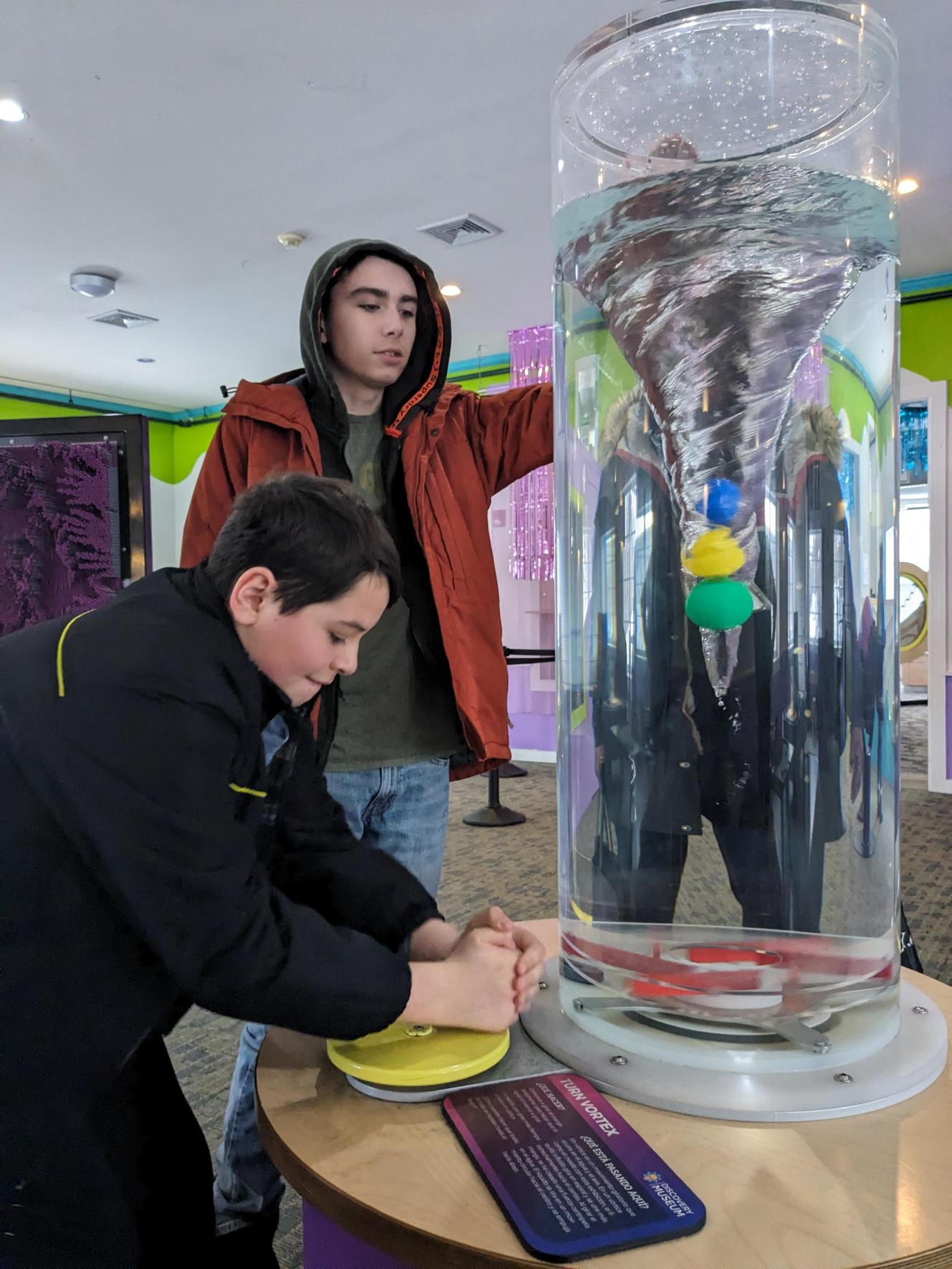Empowering people with autism involves providing them with the tools, resources, and support needed to lead fulfilling and independent lives. Here are several strategies to empower individuals with autism:
- Education and Training
Access to Quality Education: Ensure individuals with autism have access to tailored educational programs that address their specific needs and learning styles. This includes specialized curricula, individualized education plans (IEPs), and support from trained educators.
Life Skills Training: Provide training in essential life skills, such as personal hygiene, cooking, and financial management. These skills are crucial for fostering independence and growth.
Vocational Training: Offer vocational training programs that prepare individuals for the workforce. This can include job-specific skills, as well as soft skills like communication and teamwork.
- Employment Opportunities
Inclusive Hiring Practices: Encourage employers to adopt inclusive hiring practices and create autism-friendly workplaces. This might include: flexible work hours, modified job duties, and supportive work environments.
Job Placement Services: Provide job placement services that match individuals with autism to suitable job opportunities. These services can help with resume writing, interview preparation, and on-the-job support.
Entrepreneurial Support: Encourage and support entrepreneurship among individuals with autism by offering resources, mentoring, and funding opportunities for starting their own businesses.
- Social Support and Inclusion
Peer Support Groups: Facilitate peer support groups where individuals with autism can connect, share experiences, and offer mutual support. These groups can reduce feelings of isolation and build a sense of community.
Community Engagement: Promote community engagement through inclusive recreational and social activities. Participation in clubs, sports, and arts programs can enhance social skills and provide enjoyable experiences.
Family Education: Educate families about autism and effective ways to support their loved ones. Well-informed families can better advocate for and empower their loved ones with autism.
- Therapeutic Interventions
Behavioral Therapies: Implement evidence-based behavioral therapies such as Applied Behavior Analysis (ABA) to develop social, communication, and adaptive skills.
Occupational Therapy: Offer occupational therapy to help individuals with autism improve their daily living skills and sensory processing abilities.
Speech Therapy: Provide speech and language therapy to enhance communication skills, which are crucial for social interaction and independence.
- Use of Technology
Assistive Technology: Utilize assistive technology to support communication, learning, and daily living. Devices like speech-generating devices as well as apps and software can significantly enhance independence.
Online Resources: Provide access to online resources, including educational websites, virtual support groups, and teletherapy services. These resources can be particularly useful for those with limited access to in-person services.
- Advocacy and Awareness
Self-Advocacy Training: Teach individuals with autism self-advocacy skills so they can express their needs and rights effectively. Empowering them to speak up for themselves is crucial for independence.
Public Awareness Campaigns: Promote public awareness about autism to foster a more inclusive and accepting society. Increased understanding and acceptance can lead to more opportunities and better support for individuals with autism.
- Health and Wellness
Mental Health Support: Ensure access to mental health services to address issues such as anxiety, depression, and stress, which are common among individuals with autism.
Healthy Lifestyle: Encourage a healthy lifestyle through regular physical activity, a balanced diet, and adequate sleep. Physical health is closely linked to overall well-being and empowerment.
- Person-Centered Planning
Individualized Plans: Develop person-centered plans that focus on the individual’s strengths, preferences, and goals. These plans should involve the individual in decision-making and be regularly reviewed and adjusted as needed.
Strength-Based Approach: Focus on the strengths and abilities of individuals with autism rather than their limitations. This positive approach can boost self-esteem and motivation.
Shrub Oak International School utilizes a transdisciplinary approach to education and therapy, integrating multiple disciplines to provide comprehensive and cohesive support for our students. Our dedicated team of educators, therapists, and specialists works collaboratively to constantly evaluate and update our practices, ensuring that we meet the unique needs of each student.
Our primary goal is to promote independence and encourage success in every area of life for our students. We focus on individualized education plans that cater to their specific strengths and challenges, offering tailored support that helps them achieve their full potential. This includes not only academic achievement but also personal growth, social skills, and life skills necessary for independence.
At Shrub Oak, we understand that every student is different, and we are committed to creating a nurturing and supportive environment where they can thrive. Our holistic approach ensures that all aspects of a student’s development are addressed, from cognitive and academic progress to emotional and social well-being.
The success of our students is our utmost priority. By fostering a community that values and supports each individual’s journey, we aim to empower our students to lead fulfilling and successful lives. Their achievements are the driving force behind everything we do, and we are dedicated to supporting them every step of the way.
Empowering people with autism requires a multifaceted approach that includes education, employment, social inclusion, therapeutic support, technology, advocacy, health, and personalized planning. By addressing these areas, we can help individuals with autism lead more independent, fulfilling, and empowered lives.








